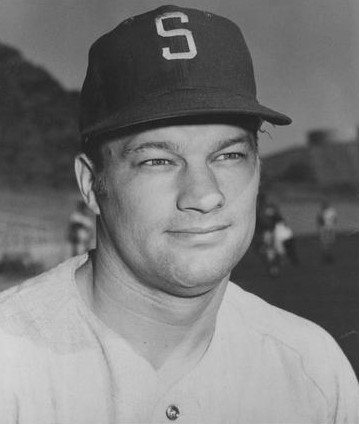"Every Next Sunday" revealed how does a profession workAmerican football team
How the story survives despite the director's attempts to spoil it
Oliver Stone's production "Any Given Sunday", or in English "Any Given Sunday", is an intelligent sports film, but it is overwhelmed by a number of tricks in the cinema, which seem superfluous against the background of sharp and observant dramatic scenes. Montages in a completely different style from the drama and incomprehensible sports shots pretty much spoil the otherwise good idea. What might impress you is the fact that the main story survives.
The film reveals how a professional American football team actually functions. We learn that even seasoned quarterbacks have self-doubt, injured players must take huge risks to continue their careers. We learn that overnight fame can turn a youngster into a clown, that the people of one of the most famous sports broadcasters are just looking for ways to promote themselves, that the owners' wives become alcoholics and their daughters think they are in the know with everything about American football. From this film, we also understand how coaches actually cope in difficult moments, how they react to despair. We also remember that all big matches are decided in the last seconds.
This isn't much of a surprise to viewers, but Stone and the cast put a human face on what's in the head of any die-hard sports fan. The best part of the movie is certainly the dialogue scenes. Al Pacino, comfortable and convincing as Tony D'Amato, is the man trying to improve the performance of the struggling Miami Sharks. It was one of his speeches during the playoffs, for which he barely qualified his team, that became the most famous scene of the film. Al Pacino's performance reminds us that actors are capable of turning scripted clichés into truly meaningful moments.
Jamie Foxx, who plays the team's third quarterback role, seems to complement Tony D'Amato's figure to help his team start winning, although he is without his two most important players at the position, who have been sent to stretchers. However, Beamon is initially nervous about the great responsibility he has to take on, and over time he goes from insecurity and vulnerability to brashness and intolerance, but still does not do wrong, and even repents of some of his behavior, which makes the character very hard to play by Fox.
After the death of the owner of the team, who appointed D'Amato as coach, his daughter has to take over the leadership functions, and in her role is the wonderful Cameron Diaz. Both she and her mother, who is always with a martini in her hand, are not at all perceived well in the men's game. Diaz even has an idea to move the franchise with the idea of getting rich.
Dennis Quaid, who plays the veteran quarterback suffering a major injury, has one of the lead roles. It is Jack Rooney's trauma that drives the film's plot. He is shown in an unexpected light of a leader on the field, but at the same time haunted by uncertainty. At one point, he even thinks about quitting football, but his wife doesn't want to hear about it.
In addition to these actors, we also see a number of supporting roles, the strongest of which is that of professional veteran Lauren Taylor, who wants to continue acting as long as possible, even if it means risking her life to do so. The film also stars many other familiar faces such as Charlton Heston, Aaron Eckhart, LL Cool J, John McGinley, Bill Bellamy, Jim Brown, Junie Unitas and Lela Roshan. The reason that their characters are not well developed and do not leave a lasting impression is precisely the strange and misunderstood sports scenes, as well as the many effects during editing. Realistically, there is no sequence of sports actions in which to follow the strategy of the game and understand the action on the field. Instead, Stone uses a lot of close-ups and a number of editing sound effects that can even irritate at times. In practice, the director tries to show us details like the spinning ball in slow motion on a pitch, which takes us even further away from the actual game.
The excessive presence of music, which on top of that is quite loud, creates the feeling of insecurity of the director, who seems to be trying to cover up some of his inaccuracies. It comes off as if Every Next Sunday needed a decoration to hide its internal messes, but that decoration fails to become the sought-after gorgeous window dressing that fools us into thinking something even more wonderful lies within. On the contrary, despite it you can discover the beauties of the film.
Despite the heavy criticism and the lack of some significant elements, the film is worth watching for the dramatic scenes, Al Pacino's performance, the dialogues and some of the scenes that are off the American football field. You certainly won't be wasting your time if you spend 170 minutes watching Every Next Sunday, but it could easily be shortened to 120 without losing any value.




